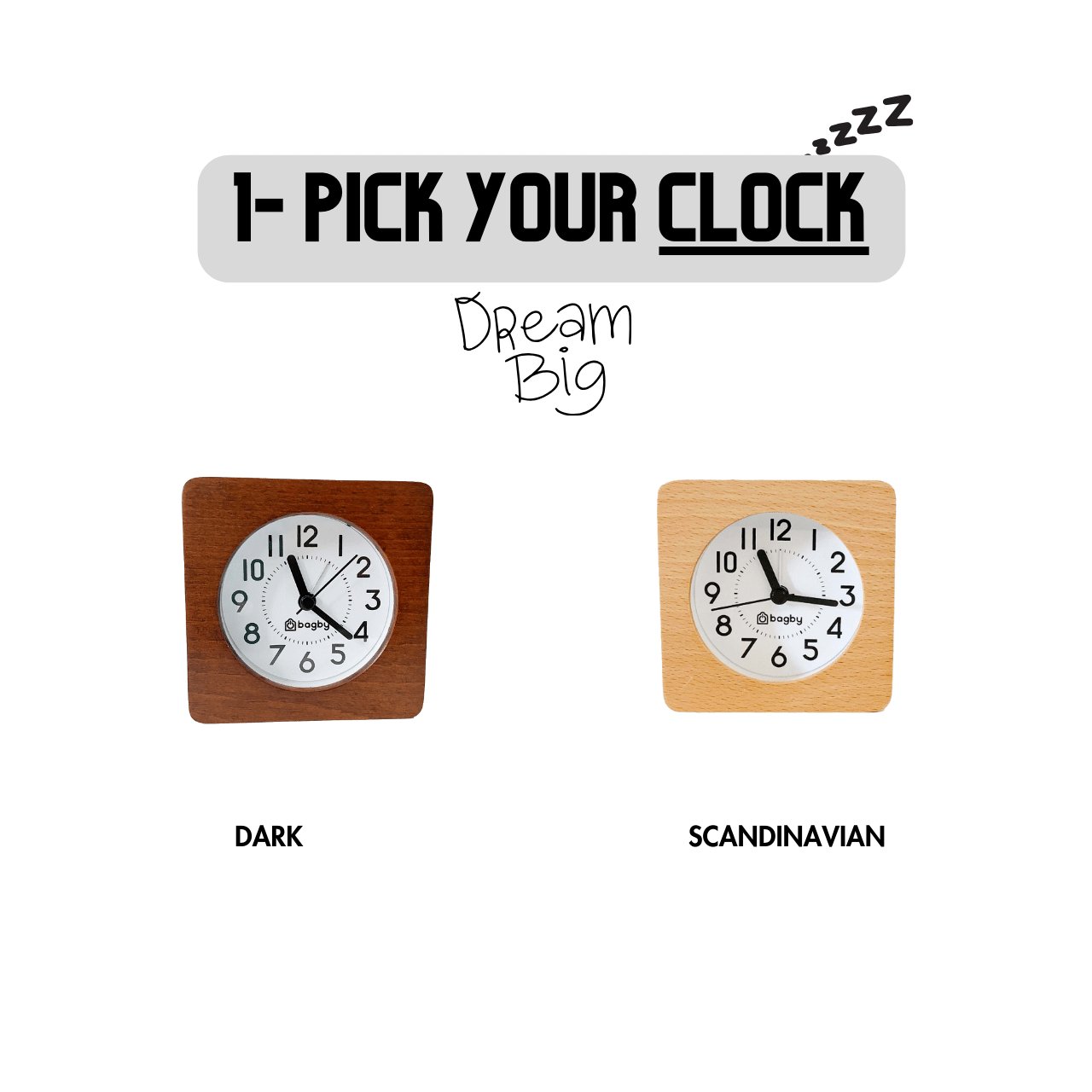The last three decades have seen more technological development in human history than ever before. Our lives are more comfortable, our capabilities have expanded beyond imagination, and the world has become more interconnected.
But, have you ever paused to ponder that we may not actually be the ones calling the shots with our devices? That we could be simply taking a ride in the back seat?
Enter the Time Well Spent movement – a beacon of awareness and empowerment, urging us to break free from the clutches of modern technology and rediscover what it truly means to live a meaningful life.
It’s time to unplug, breathe in the moment, and embark on a journey of mindful connection with the world around us. So, let’s begin.
The Brain Hijack
You probably know that tech companies, mainly social media platforms, use advanced algorithms to keep us hooked. They know how to exploit our vulnerabilities and behaviors with things like rewards, social validation, and endless scrolling, all personalized to us.
Many activists today are vocalizing their concerns about the ethical implications of these practices. And Tristan Harris, the guy behind the Time Well Spent Movement, is one of them.
What is The Time Well Spent Movement?
Founded by Google’s former design ethicist, Tristan Harris, in 2016, the Time Well Spent movement emerged as a response to the growing concerns surrounding the effects of technology and social media on our lives.
This movement simply seeks to raise awareness about the design techniques that tech companies use to keep us glued to our screens. They aim to promote digital well-being on a massive scale with the theme of making our online time more meaningful, productive, and enriching rather than mindlessly addictive.
To make this mission a success, Harris also co-founded an organization called the Center for Humane Technology. This organization consists of tech experts, psychologists, and activists dedicated to advocating for more humane technology that prioritizes user well-being over profit and engagement metrics.
Its Impact
From raising awareness about tech companies’ actions to influencing ethical discussions about technology’s design, Harris and his team have made a real impact in our tech-driven world. Have a look.
Increased Public Awareness
From the very beginning, the Time Well Spent movement used various strategies to raise public awareness about the addictive nature of digital technologies and their potential impact on mental well-being. They:
- Conducted interviews and undertook public speaking and media engagements to discuss how tech companies use persuasive design techniques to capture users’ attention.
- Released documentaries and films like “The Social Dilemma” to shed light on the psychological effects of technology.
- Articulated concerns about digital addiction and the need for ethical technology design through articles and op-eds in prominent publications.

Using social media and online campaigns, they shared infographics, videos, and content to illustrate the negative impact of excessive technology use. And they collaborated with advocacy groups, non-profit organizations, educators, and parents to promote digital well-being collectively.
Slowly they also started receiving support from celebrities, who helped them draw attention to the cause, triggering the tech industry to delve into self-reflection.
Tech Industry Self-Reflection
In response to the concerns raised by Time Well Spent, major tech companies began implementing features to promote digital well-being. Here are some examples.
Apple Screen Time: In 2018, Apple introduced the Screen Time feature with iOS 12. This feature gives users insights into their device usage, app activity, and notification history. Users can also set app time limits, receive activity reports, and use “Downtime” and “App Limits” to manage their screen time more effectively.
Google Digital Wellbeing: The same year, Google also launched its Digital Wellbeing initiative, providing similar features to help users better understand and manage their device usage. This includes tools like app timers, usage dashboards, and “Wind Down” mode to encourage healthier tech habits.
Facebook Tools: Facebook followed in these footsteps when it faced criticism about its impact on user well-being. They introduced “Your Time on Facebook” tools in 2018. These features allow users to track their time spent on the platform, set daily limits, and manage notifications.
Instagram Activity Dashboard: Finally, in response to concerns about its effect on mental health, Instagram introduced an activity dashboard in 2018. This allows users to see the time spent on the app and set daily reminders to manage their usage.
Additionally, various other tech companies made changes to their algorithms and platform designs to reduce the use of manipulative features that encourage addiction-like behaviors, such as infinite scrolling and autoplay of videos.
Policy and Regulation Discussions
Besides triggering companies to introduce digital well-being tools, the Time Well Spent movement also contributed to discussions that led authorities worldwide to analyze and act on issues related to digital well-being and user data. Have a look.

GDPR: In May 2018, the European Union implemented the General Data Protection Regulation (GDPR), which provides greater control over personal data for individuals within the EU. This law came into effect after many groups raised concerns about how much personal data tech companies collect and their lack of transparency surrounding its use.
CCPA: Two months later, California passed the California Consumer Privacy Act (CCPA), which grants consumers greater control over their personal data held by businesses. This legislation applies to any business that collects personal information.
Digital Services Taxes: In April 2019, France introduced a new tax on digital services provided by large multinational corporations. This tax targeted companies whose revenue is primarily generated from digital activities and who generate more than €750 million ($854 million) in annual revenues. Other countries, including India, Singapore, and Turkey, followed suit with similar proposals.
COPPA: The same year, the US government updated the Children’s Online Privacy Protection Act (COPPA) to apply to websites and apps aimed at children under 13. This update expanded the definition of personal information covered by COPPA to include persistent identifiers used to track users across different sites and services.
UK Internet Safety Strategy: The following year, in February 2020, the UK government published its Internet Safety Strategy, which included plans to make social media safer for young people through stricter enforcement of harmful content removal and increased accountability for platforms.
Focus on Digital Literacy and Education
One of the best things the Time Well Spent movement did was emphasize the importance of digital literacy and media education, pushing companies to educate the public on using technology more wisely. For example:
Common Sense Media launched the MediaWise program with the help of Google, Facebook, and other organizations, to educate 13 to 18-year-olds on critical thinking skills and healthy relationships with technology
Apple also launched its Digital Citizenship Program in September 2018 as part of its commitment to helping families manage screen time and promote responsible device usage. The program includes resources such as lesson plans, guides, and workshops designed to teach students about topics like cyberbullying, online safety, and digital citizenship.
And finally, DQ Global now provides free resources and tools for teachers and parents to help kids build essential life skills such as emotional intelligence, self-awareness, and resilience in the digital age.
Shift in Public Discourse
The Time Well Spent movement also influenced public discourse around technology use, shifting the conversation away from solely celebrating technological advancements to discussing their potential drawbacks. People have become more aware of the need for balance and mindful engagement with technology.
So, What Does the Time Well Spent Movement Want From You?
Sure, the Time Well Spent movement brought a ton of positive changes, but remember, it’s up to you to make a difference on an individual level. And you can do that by taking charge of your digital well-being and becoming a mindful and empowered user of technology.
Here are some ways you can do that.
Be Mindful of Your Screen Time
When you’re mindful of your screen time, you’re creating a better balance between your digital and real-world experiences. So, take a moment to reflect on how often you reach for your phone or spend time on social media throughout the day. Do you find yourself mindlessly scrolling for long periods, or do you use technology with purpose and intention?
Once you recognize your excessive or mindless screen habits, you can then take proactive steps to manage your technology usage.
One way to do this is to set boundaries. Limit your screen use to a particular time block in the day. During this time, you can check your social media, watch media content, and do other screen-based activities.
And when the limit is up, you put your screen down and focus on something else. If you have nothing to do, try taking up new offline activities, like exercising, reading books, or spending time in nature.
Learn more about managing your screen time in my post, “Screen Time Limits for Adults: How Limiting Your Screen Time Helps You Physically & Mentally.”
Limit Digital Distractions
Today, digital distractions have become a pervasive challenge. We’re constantly bombarded with notifications, social media updates, and the allure of endless scrolling. And this is causing some serious problems.

Research studies show prolonged mindless tech use can lead to heightened stress and anxiety. And we’re seeing that in the stats.
According to the Anxiety and Depression Association of America, approximately 18 percent of adults in the U.S. experience anxiety disorders each year. And the American Psychological Association says that nearly two-thirds of Americans report experiencing moderate or high stress levels.
See, I'm not suggesting you give up your precious devices. I just want you to start using them purposefully and not compulsively.
Start by turning off all non-essential alerts and silencing unnecessary noises from your phone.
Learn more about dealing with digital distraction in the modern world in my post, “Technology & Distraction.”
Foster Empathy and Compassion Online
Cyberbullying is an ongoing problem, and it has made millions of internet users into victims. We hear about cyberbullying-induced emotional distress, anxiety, and even cases of self-harm on the news. And there's a chance that you, too, have unknowingly been part of this problem.
So, whenever you encounter a situation on the internet that angers you, instead of retaliation, diffuse the situation with compassion and empathy. And if you see this happening to someone else, don’t just be a bystander. Take action.
By doing this, you will contribute to a more positive and supportive digital community, promoting a kinder and more respectful online environment.
Learn more about this in my post, “Cyberbullying: How to Combat This Growing Problem.”
Final Thoughts
The Time Well Spent movement serves as a powerful beacon of awareness and empowerment in our fast-paced digital world. It urges us to reflect on the true value of our time spent online and question whether we are in control of our devices or if they have taken control over us.
It’s not a rejection of technology but an invitation to embrace it consciously and responsibly. It is an invitation to unplug, breathe in the moment, and rediscover the joy of being truly present.
So, let’s heed this beacon of awareness and empowerment and embark on a path toward digital well-being and meaningful living. Together, we can shape a future where technology enriches, not ensnares, our lives, making every moment truly time well spent.


















